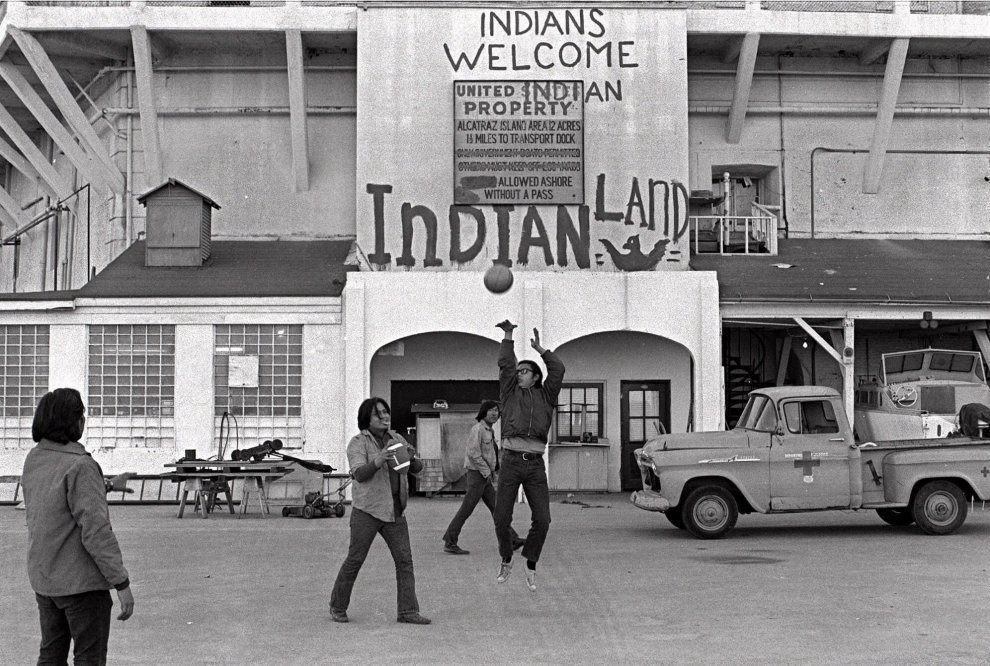How to Use this Blog
BOOZHOO! We've amassed tons of information and important history on this blog since 2010. If you have a keyword, use the search box below. Also check out the reference section above. If you have a question or need help searching, use the contact form at the bottom of the blog.
We want you to use BOOKSHOP to buy books! (the editor will earn a small amount of money or commission. (we thank you) (that is our disclaimer statement)
This is a blog. It is not a peer-reviewed journal, not a sponsored publication... WE DO NOT HAVE ADS or earn MONEY from this website. The ideas, news and thoughts posted are sourced… or written by the editor or contributors.
EMAIL ME: tracelara@pm.me (outlook email is gone)
THANK YOU CHI MEGWETCH!
How Native Tribes Started Winning at the Supreme Court
 (excerpt) The Tribal Supreme Court Project is already working on a Firth Circuit case concerning the Indian Child Welfare Act, which Hedden-Nicely calls “the single most important issue for Indian Country today.” Brackeen v. Bernhardt asks whether ICWA, through which Congress granted tribes priority in deciding foster care placements for Native children, violates an alleged Constitutional restriction on “racial preferences.” A judge ruled in 2018 that overturning the law would violate tribal sovereignty. Hedden-Nicely thinks the case isn’t really about children but is just one of many “unrelenting attacks on the idea that Indians have any special status under the law.”
He doesn’t expect the Supreme Court, which has already twice upheld ICWA, to hear the Brackeen case. And if it did, given recent trends, it’d be unlikely to decide against tribes.“At a time where Congress is not being particularly helpful on Indian policy, and the executive is being actively antagonistic, it’s very comforting to have at least one branch of government acting in a way that’s consistent with their trust responsibility to Indian tribes,” says Hedden-Nicely. When the court sides with Congress and the president in ignoring tribal sovereignty, “bad things start to happen.”
(excerpt) The Tribal Supreme Court Project is already working on a Firth Circuit case concerning the Indian Child Welfare Act, which Hedden-Nicely calls “the single most important issue for Indian Country today.” Brackeen v. Bernhardt asks whether ICWA, through which Congress granted tribes priority in deciding foster care placements for Native children, violates an alleged Constitutional restriction on “racial preferences.” A judge ruled in 2018 that overturning the law would violate tribal sovereignty. Hedden-Nicely thinks the case isn’t really about children but is just one of many “unrelenting attacks on the idea that Indians have any special status under the law.”
He doesn’t expect the Supreme Court, which has already twice upheld ICWA, to hear the Brackeen case. And if it did, given recent trends, it’d be unlikely to decide against tribes.“At a time where Congress is not being particularly helpful on Indian policy, and the executive is being actively antagonistic, it’s very comforting to have at least one branch of government acting in a way that’s consistent with their trust responsibility to Indian tribes,” says Hedden-Nicely. When the court sides with Congress and the president in ignoring tribal sovereignty, “bad things start to happen.”
GOOD READ:
How Native Tribes Started Winning at the Supreme Court – Mother Jones
Featured Post
Your History Class Was a F*cking Lie by Sean Sherman (Or: How the American Educational System Has Always Been a Racist Propaganda Program...

Most READ Posts
-
Editor NOTE: This is one of our most popular posts so we are reblogging it. If you do know where Michael Schwartz is, please leave a com...
-
By Trace Hentz 2024: I have read new comments on this case. If you have information, please email me: tracelara@pm.me It will be kept conf...
-
Eric Schweig Born: Ray Dean Thrasher on 19 June 1967 Inuvik , Northwest Territories , Canada Occupation Actor/Artisan/...
-
[Birth Mother] First Mother Forum: Adoptive parent shares thoughts on having returned... Received as a comment at the last Baby Veronica p...
-
Published on Sep 28, 2013 This 40-minute documentary explains the reason for and the process of creating and implementing ...
-
Your History Class Was a F*cking Lie by Sean Sherman (Or: How the American Educational System Has Always Been a Racist Propaganda Program...
-
Using DNA tests, Dean Lerat has created a massive family tree for the Treaty 4 territory in Saskatchewan... By day, Dean Lerat is an RCMP st...
-
Facts About Adoption You Won’t Hear from Adoption Professionals Every November we post accuracy about the effects of adoption on the adopt...
-
By Melanie Payne ( mpayne@news-press.com ) August 15, 2010 Alexis Stevens liked to describe herself as a model citizen. She was adopted fr...
-
By Anumita Kaur October 2024 Some of the 200 cultural items that the Wyoming Episcopal Church returned to the Northern Arapaho tribe las...
ADOPTION TRUTH
As the single largest unregulated industry in the United States, adoption is viewed as a benevolent action that results in the formation of “forever families.”
The truth is that it is a very lucrative business with a known sales pitch. With profits last estimated at over $1.44 billion dollars a year, mothers who consider adoption for their babies need to be very aware that all of this promotion clouds the facts and only though independent research can they get an accurate account of what life might be like for both them and their child after signing the adoption paperwork.























No comments:
Post a Comment
Please: Share your reaction, your thoughts, and your opinions. Be passionate, be unapologetic. Offensive remarks will not be published. We are getting more and more spam. Comments will be monitored.
Use the comment form at the bottom of this website which is private and sent direct to Trace.